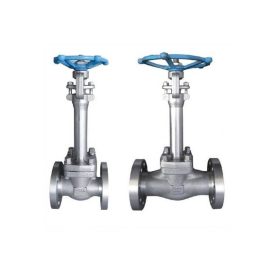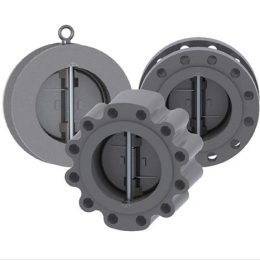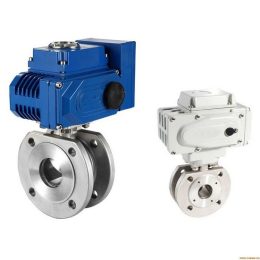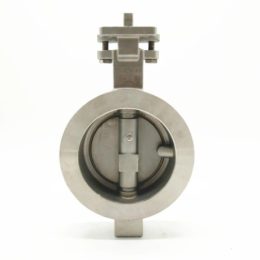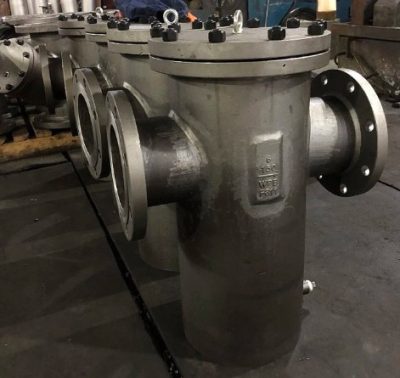
Basket Strainer
Introduction
Basket Strainer Flanged to ANSI 150 with 304 Stainless Steel Mesh (mesh size is 40 mesh or 400 micron). Allows a large flow rate with minimal pressure drop. This strainer is great for petrochemical or other applications where straining needs to occur with as little as possible pressure drop. Much less than the equivalent size y strainer. All cast steel basket strainers are sandblasted then coated with a heat resistant primer. Designed to ANSI B16.34 with flanges to ANSI B16.5 and tested in accordance with API 598.

Technical Specifications:
| Description | Specification |
|---|---|
| Sizes | NPS 1/2 to NPS 48 |
| Pressure Class | 150 to Class 2500 |
| Casting Materials | A216 WCB, WC6, WC9, A350 LCB, A351 CF8, CF8M, CF3, CF3M, A995 4A, A995 5A, A995 6A |
| Description | Specification |
| Connection | RF, RTJ, or BW |
| Cover | Bolted |
| Screen Type | Perforable or Mesh Lined Stainless Steel |
Design Standard
Design & manufacture according to ASME B16.34
Face-to-face according to MFR’s
End Connection according to ASME B16.5 (RF & RTJ), ASME B16.25 (BW)
Test & inspection according to API 598

Advantages of Basket Strainer
Basket strainers are widely used because they offer a range of advantages:
- They can handle large flow rates with minimal pressure drop, making them ideal for applications where pressure loss is a concern.
- They are easy to clean and maintain. The basket can be easily removed, cleaned and re-installed.
- They are cost-effective compared to other types of strainers, such as Y-strainers.
- They can be customized to meet specific requirements by selecting the appropriate basket material, mesh size, and connection type.
Applications of Basket Strainer
Basket strainers are suitable for a wide range of applications, including:
- Petrochemical industry: Basket strainers are commonly used in the petrochemical industry to filter impurities from fuels, lubricants, and other chemicals.
- Pharmaceutical industry: Basket strainers are used to filter impurities from pharmaceutical products such as syrups, liquids, and suspensions.
- Food and beverage industry: Basket strainers are used to filter impurities from food and beverage products such as fruit juices, wines, oils, and syrups.
- Water treatment industry: Basket strainers are used to filter impurities from water in sewage treatment plants, desalination plants, and other water treatment applications.

Benefits of Basket Strainer
The benefits of using a basket strainer include:
- Improved product quality: Basket strainers help to remove impurities from fluids, improving the quality of the final product.
- Reduced maintenance: Basket strainers are easy to clean and maintain, reducing downtime and maintenance costs.
- Longer equipment life: Basket strainers help to protect downstream equipment from damage caused by impurities.
Installations of Basket Strainer
Basket strainers can be installed in a variety of ways, depending on the application and the available space. Some common installation methods include:
- Inline installation: The basket strainer is installed in the pipeline, with the flow passing through the basket.
- Side-inlet installation: The basket strainer is installed with a side inlet and outlet, allowing for easy basket removal and cleaning.
- Top-inlet installation: The basket strainer is installed with a top inlet and outlet, allowing for easy basket removal and cleaning.

Q&A
Q: What is the difference between a basket strainer and a Y-strainer? A: A basket strainer is designed with a cylindrical or spherical basket-shaped filter element, while a Y-strainer is designed with a Y-shaped filter element.
Q: What is the best material for a basket strainer basket? A: The best material for a basket strainer basket depends on the application. For example, stainless steel is commonly used for corrosive fluids, while PVC is commonly used for water filtration.
Q: How often should the basket strainer be cleaned? A: The basket strainer should be cleaned on a regular basis, depending on the application. In general, it is recommended to clean the basket strainer at least once a week.
